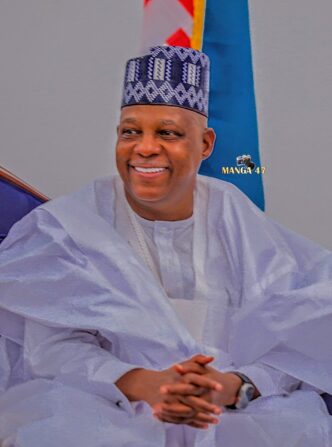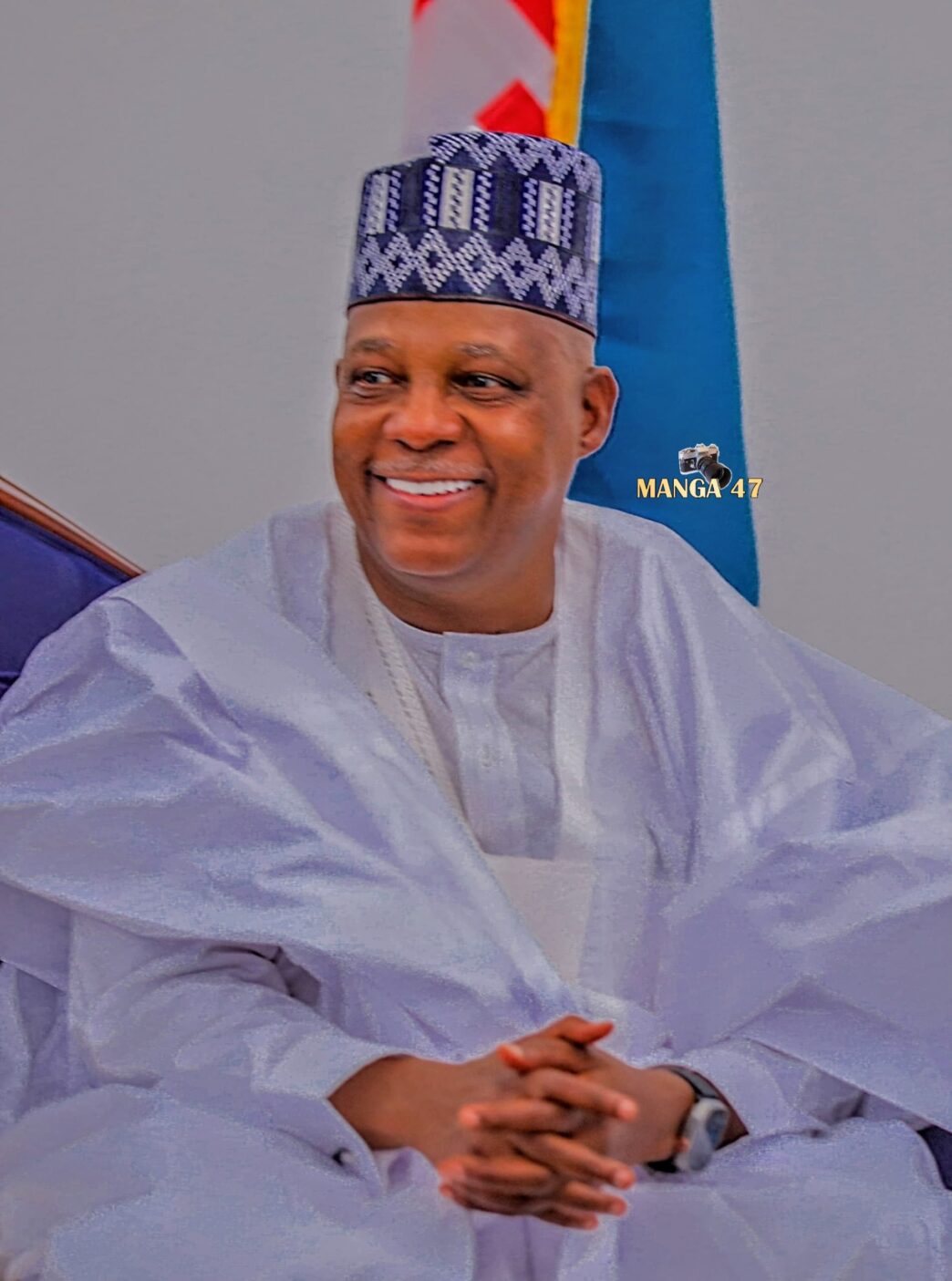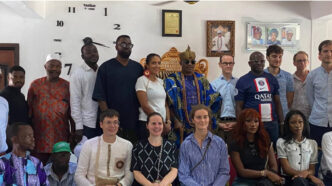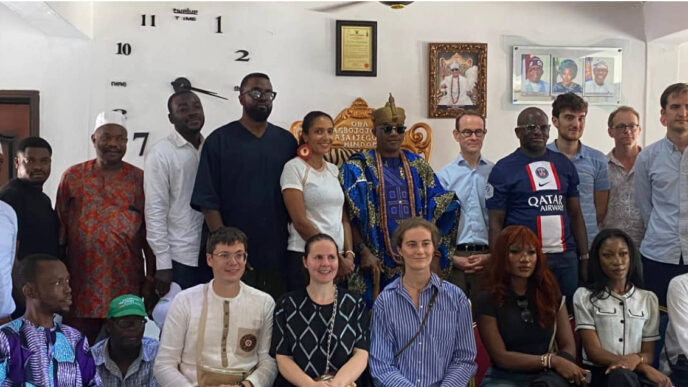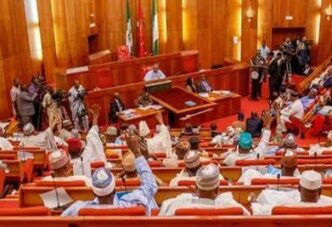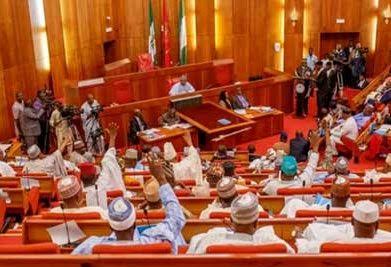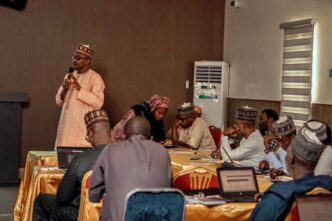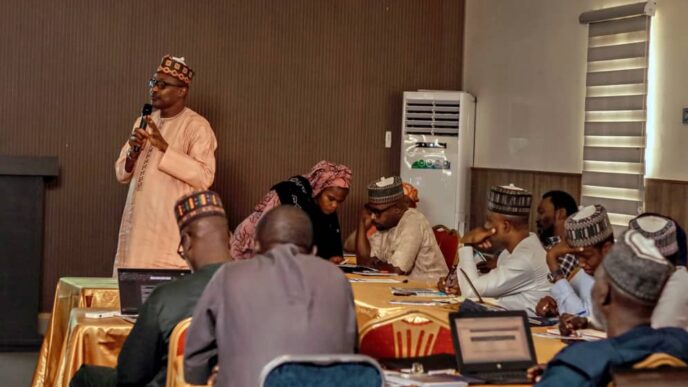The Federal Government has set a target of creating at least 20,000 jobs annually through the launch of the second phase of the Nigeria Jubilee Fellows Programme (NJFP 2.0) — a flagship youth employment and empowerment initiative designed to connect qualified graduates with practical work experience, training, and mentorship.
Gatekeepers News reports that Vice President Kashim Shettima will on Wednesday, October 22, 2025, officially flag off the NJFP 2.0 and declare open a High-Level Policy Dialogue on Job Creation in Abuja, themed “From Skills to Jobs and Enterprises: Driving Youth Employment and Entrepreneurship in Key Economic Sectors.”
Ahead of the event, Shettima on Monday inaugurated the NJFP 2.0 Project Steering Committee at the Presidential Villa, charging members to ensure inclusivity and measurable outcomes across all regions.
The NJFP, coordinated by the Office of the Vice President and implemented by the United Nations Development Programme (UNDP) with funding from the European Union (EU), has empowered over 14,000 young Nigerians since its inception in 2022 through 12-month paid fellowships aimed at bridging the gap between learning and earning.
“Turning Demographic Strength into Economic Power”
Shettima described the NJFP as a “deliberate attempt to translate the nation’s demographic strength into productive economic power.”
“The NJFP represents a deliberate attempt to translate the nation’s demographic strength into productive economic power, demonstrating that when government provides structure, partnership, and purpose, young Nigerians rise to the occasion,” the Vice President said.
He urged committee members to uphold accountability and strengthen inter-agency coordination, noting that the success of the programme must be measured by tangible impact.
“As we deliberate today, I encourage us to think not in terms of targets or figures alone, but in terms of outcomes that matter — young people whose lives change because this system works as intended,” he said.
“In scaling NJFP 2.0, inclusivity must remain at the heart of our design… We must ensure this opportunity reaches every corner of the country, tied to sectors that will shape Nigeria’s future: agriculture, digital technology, renewable energy, manufacturing, and the creative industries.”
Global Partners Pledge Support
The EU Ambassador to Nigeria and ECOWAS, Mr. Gautier Mignot, expressed confidence that NJFP 2.0 would positively transform the lives of young Nigerians, while commending the Nigerian government’s leadership.
Similarly, the UNDP Resident Representative, Elsie Attafuah, hailed the Tinubu administration for prioritising youth employment, describing NJFP 2.0 as part of a broader national and continental vision to provide young Africans with the tools to thrive.
“Young Nigerians require enabling environments and opportunities to develop their skills and creativity,” she said.
Government Aims to Place 24,000 Fellows in 10 Months
Speaking at a press briefing ahead of the launch, Deputy Chief of Staff to the President, Senator Ibrahim Hassan Hadejia, said NJFP 2.0 had been redesigned to reflect current economic realities and lessons learned from the first phase.
He announced plans to place a minimum of 24,000 fellows within the next 10 months, supported by EU funding.
“The target is to put structures in place to sustain the deployment of at least 20,000 fellows annually,” Hadejia said.
“This administration is not only focused on policy — it is focused on impact. Through NJFP 2.0, we are demonstrating how government programmes can translate into real opportunities for decent work and enterprise creation.”
He added that the new phase provides two clear pathways for fellows — employment through professional placements, and entrepreneurship through mentorship and business support.
“The idea is to ensure that every fellow is empowered to either secure meaningful employment or launch a viable business in strategic sectors of the economy at the end of the fellowship,” he explained.
Hadejia described the NJFP as a “bold and practical response to the aspirations of young Nigerians — a generation of problem-solvers and innovators who only need opportunity to thrive.”

